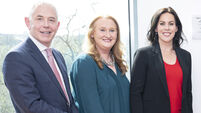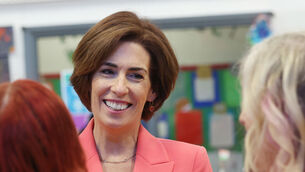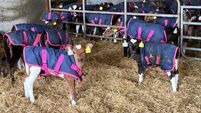Alcohol ‘scare tactics’ do not affect over-14s
New research says this is a “vital age” for educating young people, when they need to be taught personal development and given drug education.
A survey was conducted among 80 school children in the Ballymun area of north Dublin. The research was commissioned by the Ballymun Youth Action Project (BYAP). This celebrated its 30th anniversary yesterday and is considered the longest-running community drugs project in the country. The research posed a series of questions to three age groups: 12-13, 14-16 and 17-18.













